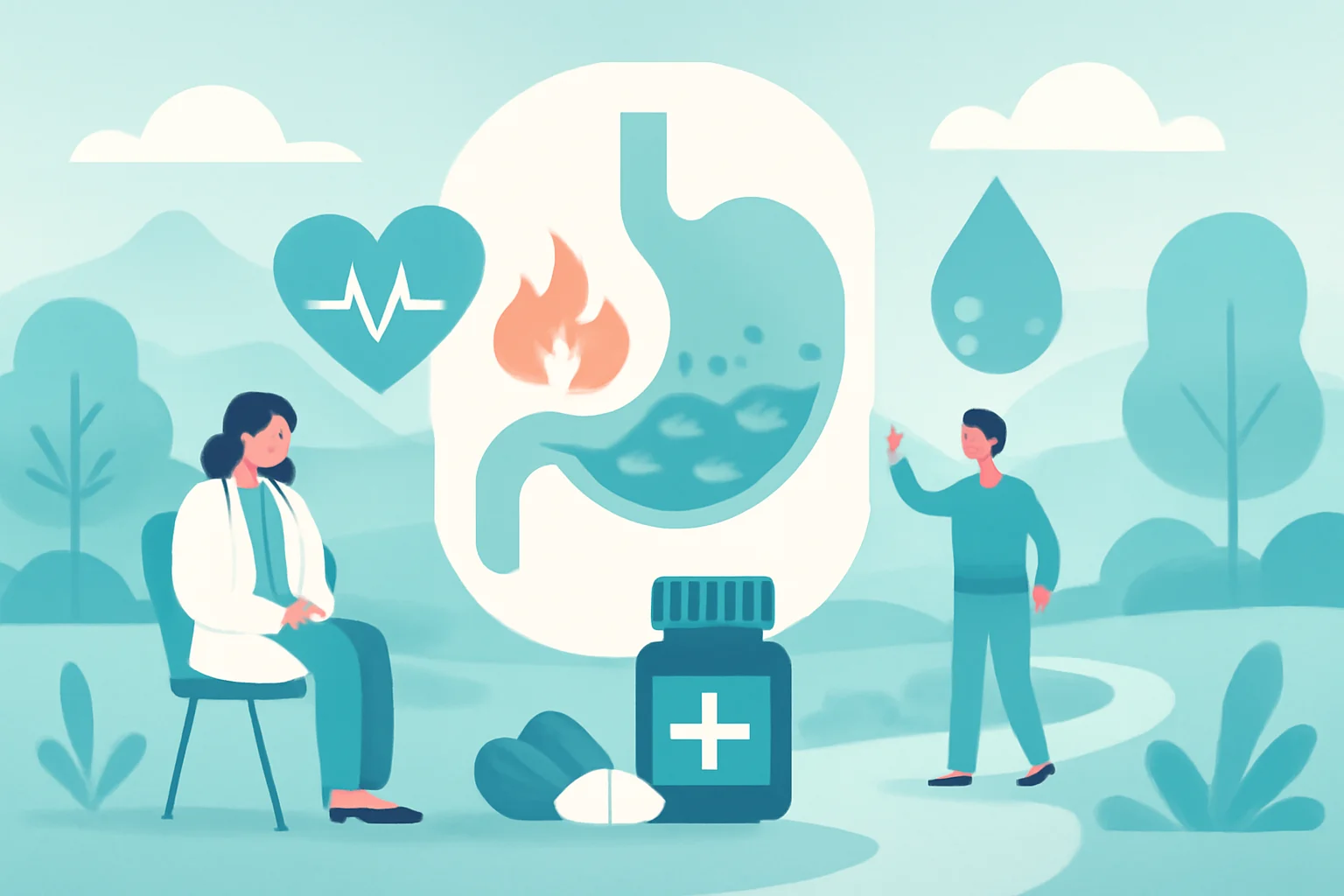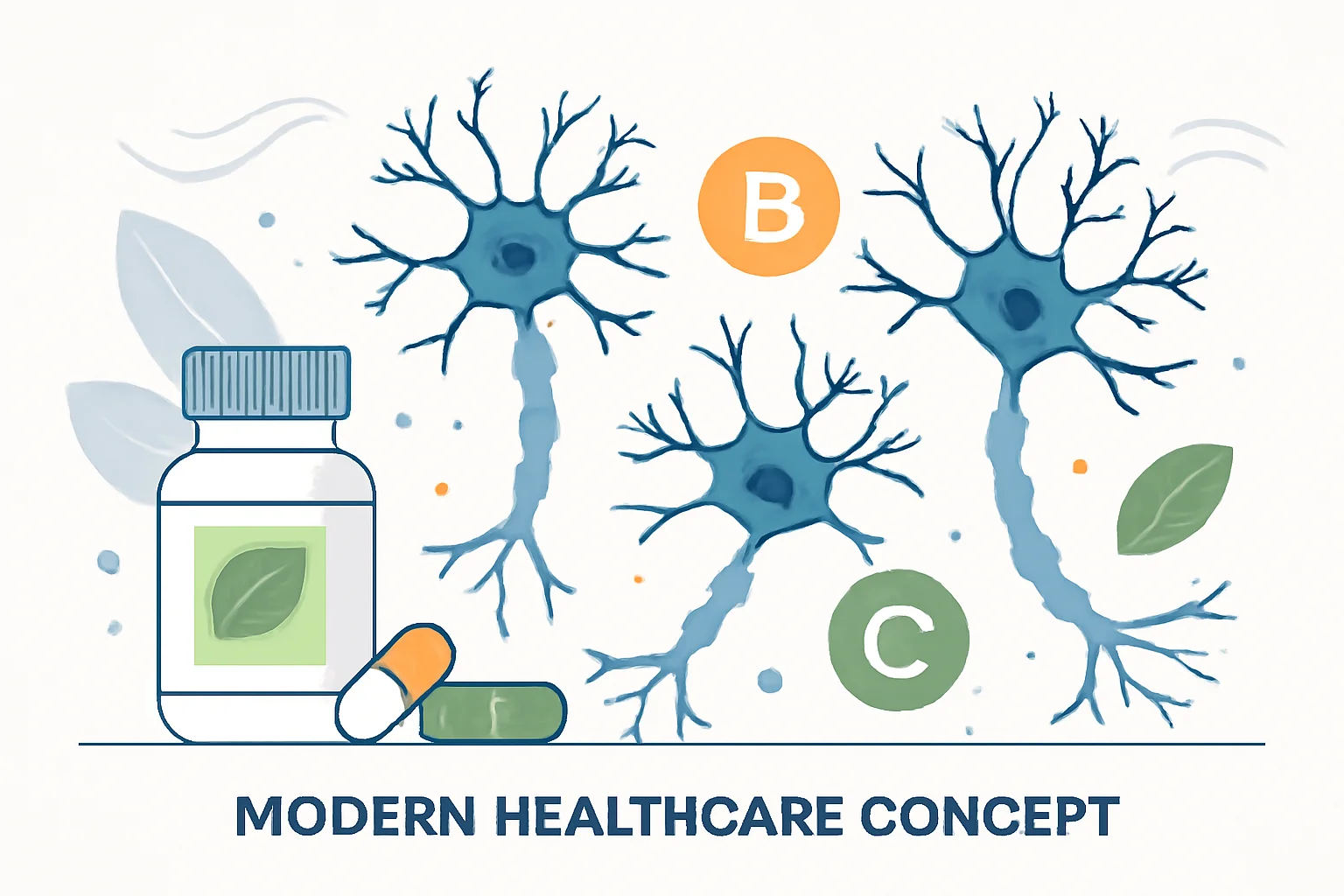
The symptoms of reflux: How to recognize and treat them?
Reflux has become an increasingly common problem alongside modern lifestyles, and many people experience the associated discomforts. Reflux, or the backflow of stomach acid into the esophagus, can cause numerous symptoms that may be burdensome not only physically but also mentally. People often fail to recognize the signs of reflux and frequently misattribute the symptoms to other illnesses. Accurate diagnosis and treatment are essential for alleviating symptoms and improving the patient’s quality of life.
The causes of reflux can vary widely, ranging from poor diet to stressful lifestyles. Unhealthy fatty foods, excessive caffeine or alcohol consumption, and smoking can all contribute to the development of reflux. Additionally, in many cases, being overweight can increase the likelihood of stomach acid refluxing. The symptoms of reflux can manifest to varying degrees and often complicate the daily lives of patients. Below, we detail the most common symptoms of reflux to better understand this unpleasant condition.
The most common symptoms of reflux
The symptoms of reflux can be diverse and often bothersome. One of the most common complaints is heartburn, which occurs in the center of the chest, often around the esophagus. This symptom typically worsens after meals and can increase when lying down. Heartburn can be accompanied by a burning sensation and pain, which in many cases is uncomfortable enough to lead the affected person to avoid eating.
Another common symptom is acid reflux, during which stomach acid enters the esophagus, causing an unpleasant sour taste in the mouth. This symptom can be particularly bothersome, as it not only causes physical discomfort but can also be embarrassing in social situations if someone constantly has a sour taste in their mouth.
Additional symptoms may include hoarseness and sore throat, which can occur as a result of irritation of the esophagus. Affected individuals often report difficulty swallowing food, which may also be a consequence of reflux.
It is important to note that reflux not only causes physical symptoms but can also have psychological effects. Constant heartburn and acid reflux can lead to stress and anxiety, further diminishing quality of life. Affected individuals often avoid public places and restaurants for fear that their symptoms will interfere with their enjoyment.
Understanding and recognizing the symptoms of reflux is the first step toward appropriate treatment. If someone regularly experiences these complaints, it is advisable to consult a doctor to rule out more serious health issues.
What causes reflux?
Several factors can contribute to the development of reflux, and their combined effects lead to the appearance of symptoms. One of the most common causes is the weakening of the lower esophageal sphincter (the muscle at the junction of the stomach and esophagus), which prevents stomach acid from flowing back into the esophagus. If this muscle does not close properly, stomach acid can easily return to the esophagus, causing heartburn and other discomforts.
Poor diet also plays a significant role in the development of reflux. Fatty, spicy foods, chocolate, caffeine, and alcohol can all contribute to increased acid production and relaxation of the lower esophageal sphincter. Overeating after meals can exacerbate the situation, as a full stomach exerts greater pressure on the sphincter, promoting reflux.
Being overweight and obesity can also increase the risk of reflux, as fatty tissues exert pressure on the abdominal cavity, thereby increasing the likelihood of stomach acid reflux. Reflux is also common during pregnancy, as the growing uterus exerts pressure on the stomach, contributing to acid reflux.
Stress and anxiety can also affect reflux. Stress can trigger increased acid production in the stomach, and the functioning of the sphincter muscles may change. Regular stress management and relaxation techniques can help alleviate symptoms.
Overall, understanding the causes of reflux is essential for appropriate treatment. Lifestyle changes, such as improving dietary habits, reducing weight, and managing stress, can contribute to alleviating symptoms.
Treatment options for reflux
Treating reflux requires multiple approaches, and the choice of the appropriate method depends on individual symptoms and their severity. The first step is usually to implement lifestyle changes that can significantly reduce symptoms. A healthy diet is essential, and it is advisable to avoid fatty, spicy foods, caffeine, and alcohol.
It is important that meals are not too large, and foods should be eaten slowly and thoroughly chewed. After eating, one should wait at least two to three hours before lying down, as a reclining position can exacerbate reflux. Additionally, weight loss can have a significant impact on alleviating symptoms.
Among medical treatments, antacids and proton pump inhibitors are commonly used medications for treating reflux. These medications reduce stomach acid production, thereby alleviating heartburn and acid reflux. However, it is crucial to take these medications under a doctor’s guidance, as long-term use is not always recommended.
In more severe cases, where medical treatment does not yield satisfactory results, surgical intervention may be necessary. Fundoplication is a common procedure in which the upper part of the stomach is wrapped around the esophagus to prevent the backflow of stomach acid.
Treating reflux often requires a combined approach that includes lifestyle changes and medication. Medical advice is essential, as each case is unique, and finding the best solution requires professional guidance.
**Warning:** This article does not constitute medical advice. Always consult a doctor for health issues, and follow only the doctor’s recommendations.

